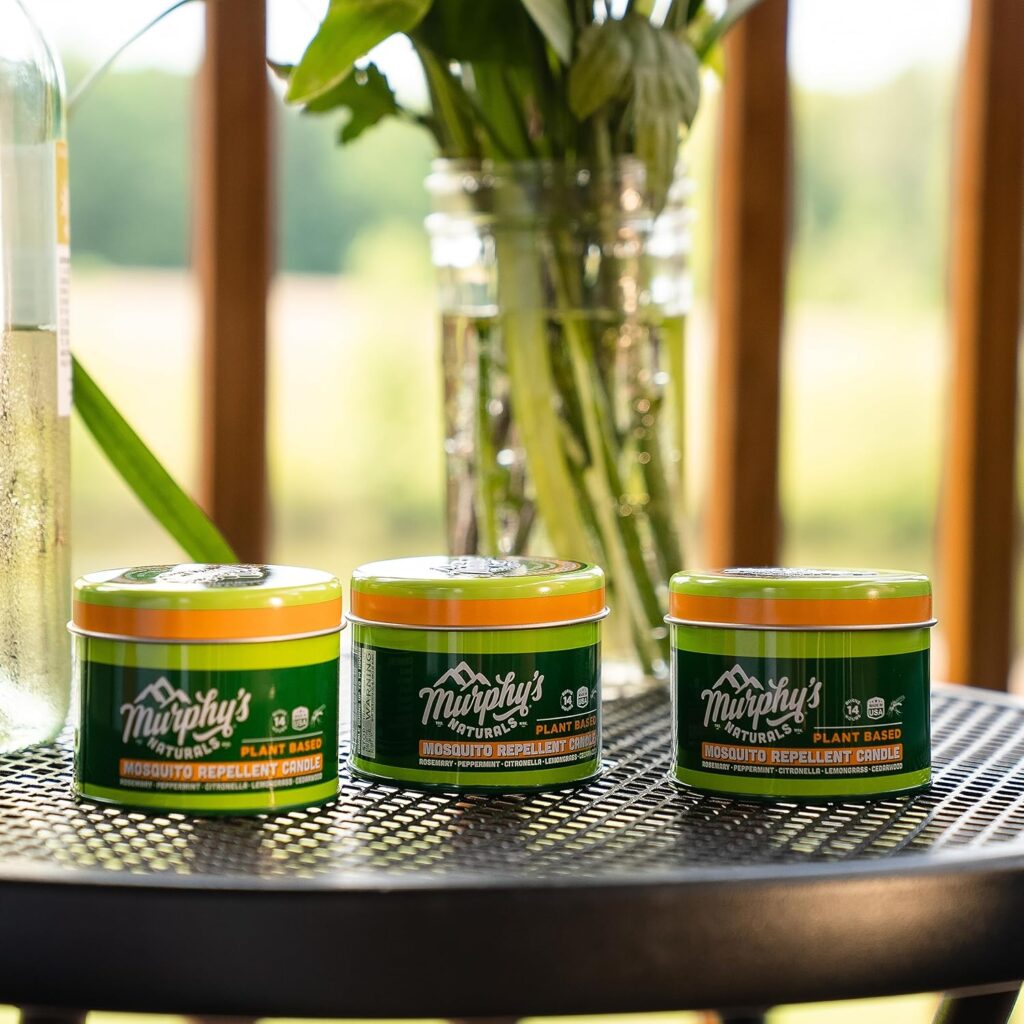Have you ever wondered, “How long do rats live?”
The answer depends on a number of factors, particularly the environment. In this guide, we will explore the average lifespan of rats in the wild and in domestic settings. We’ll also look at the factors that influence their longevity, such as diet, habitat, and threats from predators.
Rat Lifespan in Different Environments
The environment a rat lives in plays a significant role in determining how long it will survive. Let’s explore the contrasting life expectancies of wild and domestic rats.
Wild Rats
Wild rats typically have a much shorter lifespan compared to their domestic counterparts. On average, a rat in the wild will live for about 1 to 2 years. This shorter lifespan is due to several factors:
- Predators: Wild rats face constant threats from predators like birds of prey, cats, and larger mammals.
- Food scarcity: Wild rats often struggle to find consistent sources of food, leading to malnutrition.
- Harsh environments: Exposure to the elements, such as extreme cold or heat, can shorten a rat’s life.
- Diseases: Rats in the wild are more susceptible to diseases that can quickly spread through their populations.
Domestic Rats
Domestic rats, often kept as pets, have a longer lifespan. With proper care, they can live between 2 and 4 years. Some rats may even live up to 5 years if they are exceptionally well cared for. The key differences in their environment that contribute to this longer life include:
- Consistent diet: Domestic rats usually have access to a balanced diet tailored to their needs.
- Protection from predators: Pet rats are safe from the predators that threaten wild rats.
- Controlled environment: They live in a controlled environment with stable temperatures and regular health checks.
- Veterinary care: Regular visits to the vet can prevent or treat diseases that would otherwise shorten their lives.
3 Factors Influencing Rat Lifespan
Several factors can influence how long rats live. Whether they are wild or domestic, these factors play a crucial role in determining their lifespan:
Diet
A rat’s diet is a major factor in its longevity. Wild rats often scavenge for food, which may lead to an unbalanced diet. They might eat anything they find, from garbage to small insects, which don’t provide the nutrients they need to thrive.
In contrast, domestic rats benefit from a controlled diet. High-quality commercial rat food, along with fresh fruits and vegetables, can help them stay healthy and live longer.
Habitat
The quality of the habitat is another significant factor. Wild rats live in environments that are full of hazards. Their nests may be exposed to the elements, leading to stress and health issues.
Domestic rats, however, live in cages or enclosures that protect them from harsh weather and predators. A clean, safe, and comfortable habitat helps reduce stress and lowers the risk of disease.
Threats from Predators and Diseases
Predators are a constant threat to wild rats, which significantly reduces their lifespan. In urban areas, rats are often preyed upon by cats, birds of prey, and even larger mammals. Additionally, wild rats are prone to diseases like leptospirosis and rat-bite fever, which can be fatal.
On the other hand, domestic rats are generally safe from these threats. However, they can still suffer from diseases such as respiratory infections, tumors, and parasites. Regular veterinary care and monitoring can help catch these issues early and extend a pet rat’s life.
Live in a Rat-Controlled Home with Aptive’s Pest Control Solutions
Don’t let rats or rodents compromise your home’s comfort and safety. Aptive offers customized and tailored pest control solutions to help manage and prevent rat infestations. Our dedicated team is here to support you and your community—one home at a time. Contact us today to learn how our rodent and rat control services can help you enjoy every corner of your home now.








